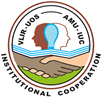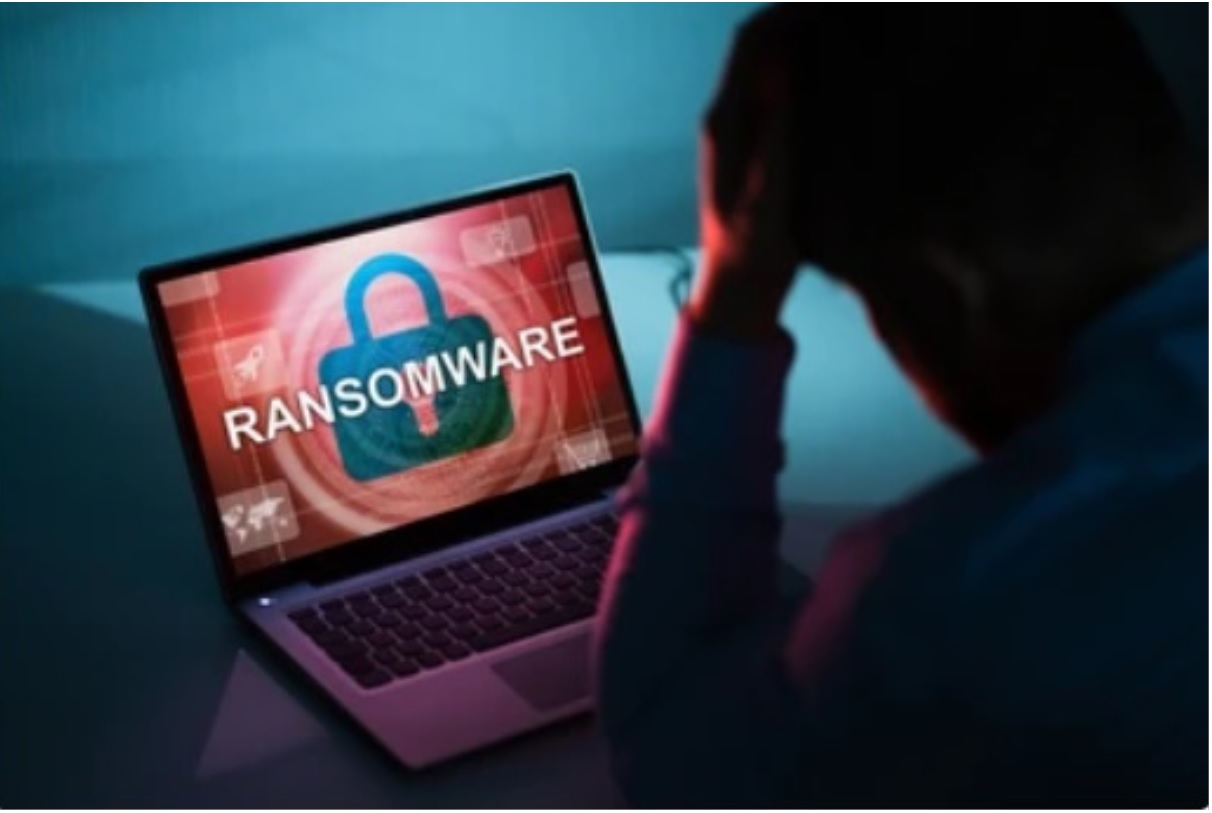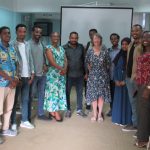Eshetu Ewnetu, a dedicated PhD student under the AMU-IUC Project’s Research Sub-Project 2, is diligently working in the Department of Social and Cultural Anthropology at KU Leuven, Belgium. Supervised by Prof. Dr. Ann Cassiman and Dr. Mark Breusers, Eshetu’s research focuses on “An Ethnographic Study of Uncertainty and Class Among the Gamo of Southern Ethiopia”, shedding light on the interplay between social class and uncertainty in shaping the experiences and cultural practices of the community.
In a heart-wrenching turn of events, Eshetu has recently fallen victim to a ransomware attack, losing years of meticulous research and a near-complete thesis. The attack encrypted all the data on his computer, including crucial research files, drafts, and personal notes. The attackers are demanding a $2,000 ransom for the decryption key, leaving Eshetu with a heartbreaking dilemma: pay the hefty sum with no guarantee of recovering his data or start his research from scratch.
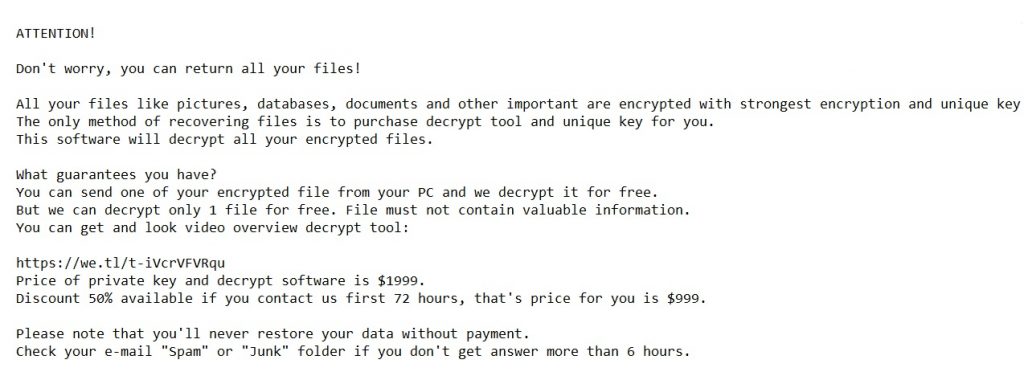
“The attack has had a significant impact on the progress of my PhD, as I have had to restart several chapters from raw data.” “It has also taken a toll on my motivation and concentration. At times, I feel utterly hopeless.”
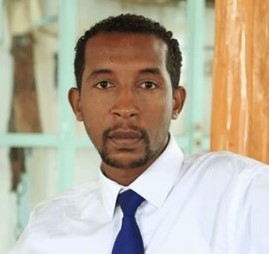
The repercussions of losing research data at such a critical stage can be severe. Eshetu’s ability to meet deadlines, submit publications, and defend his thesis has been jeopardized. The emotional strain of potentially losing years of work adds another layer of distress, affecting his mental health and academic motivation.
Despite extensive efforts by Eshetu’s home university and KU Leuven to recover the lost data, reformatting his laptop emerged as the only viable option. This drastic measure has wiped his device clean, forcing him to rebuild several dissertation chapters from the ground up.
In the wake of the attack, Ewnetu spent six weeks in Belgium at KU Leuven, working intensively with his promotors to reconstruct his research. Together, they made significant progress in regaining his academic footing, but the journey has been far from easy.
As Eshetu rebuilds, his experience serves as a stark reminder of the digital vulnerabilities faced by researchers today. TISP-1 team, which has been closely monitoring Eshetu’s case, recommends several critical cybersecurity measures to prevent similar tragedies:
- Regular Backups: Regularly back up research data using multiple methods, including external drives, cloud storage, and institutional repositories.
- Strong, Unique Passwords: Use robust, unique passwords for all accounts, and consider using a password manager to secure them.
- Software Updates: Keep operating systems, antivirus software, and applications up to date to protect against vulnerabilities.
- Phishing Awareness: Be vigilant about phishing emails, avoiding links or downloads from unknown sources.
- Institutional Support: Leverage university IT resources, such as free antivirus programs, secure storage options, and cybersecurity guidelines.
Ewnetu’s ordeal underscores the critical need for heightened digital security in academic research. His story is not just a personal tragedy but a cautionary tale for the academic community at large, emphasizing the importance of safeguarding intellectual work in an increasingly perilous digital landscape.
